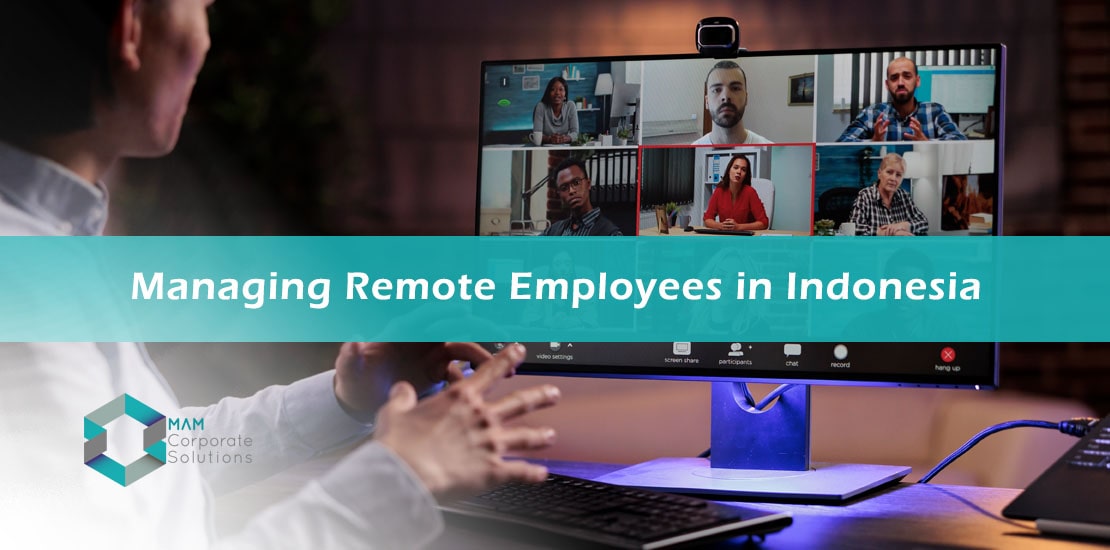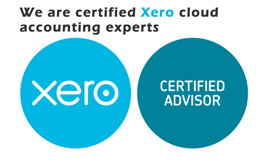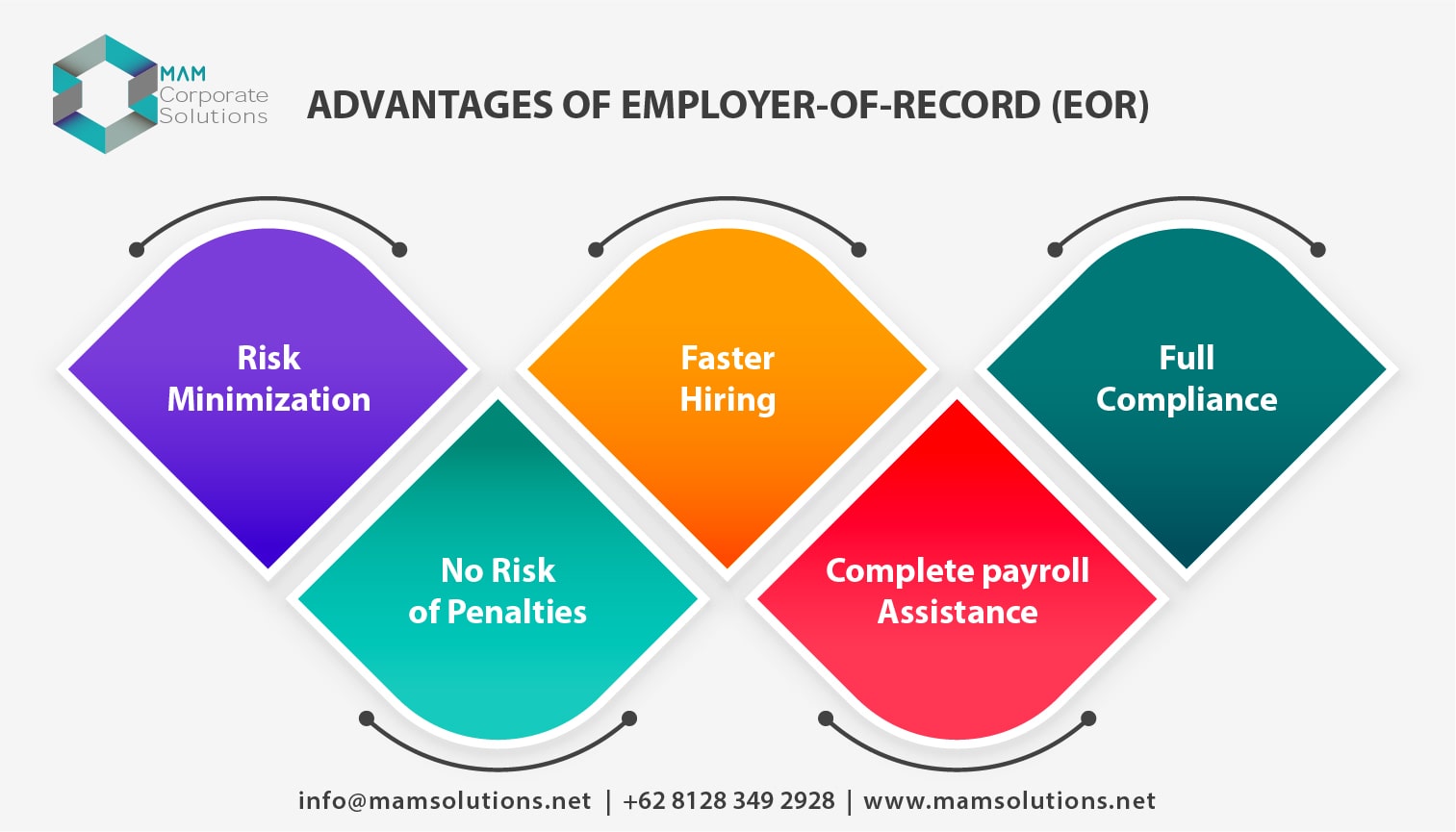
Introduction
Over the past three years, one of the important questions employers have faced is how to manage the remote employees. the Over the recent years, work landscape has undergone significant transformations, especially with the pervasive influence of the pandemic. The term “WFH” has transcended mere trendiness and evolved into a cultural shift. According to the PwC’s Asia Pacific Report – Work Force Hopes and Fears 2022, a staggering 69% of Indonesians believe they can work from home. Additionally, 74% of employees expect that companies will offer a hybrid work approach by 2022. This shift allows businesses to connect with a global audience and reimagine their operational strategies. Technological advancements have empowered employees to contribute remotely from virtually anywhere.
Effectively managing remote teams presents a considerable challenge for businesses. It demands innovative strategies to sustain productivity, motivation, and engagement beyond the confines of a traditional office setting. A pivotal aspect is setting clear expectations and goals. Additionally, an emerging solution gaining traction, particularly in locations like Indonesia, is the utilization of the Employer of Record (EOR) service. This service streamlines payroll compliance through local providers, simplifying the complexities associated with managing remote staff
Addressing Challenges in Remote Team Management
While remote work offers numerous advantages, it introduces its own set of challenges. Communication becomes a significant hurdle with a diverse workforce spanning different countries and time zones. Remote employees may grapple with time management issues, often operating in less-than-ideal environments. Sustaining a cohesive company culture becomes a test, with over 51% of business leaders acknowledging the difficulty. Innovative approaches, such as regular check-ins and virtual team-building activities, are essential to foster a sense of community among distant employees.
Understanding Remote Employees
It’s crucial to note that remote employees are not exclusively those hired overseas. Given the prevalence of the WFH trend, your employees can be considered remote workers if they are working from home and not physically present in the office. This broadened definition highlights the evolving nature of remote work and its impact on how businesses manage their teams.
Strategies for Effective Remote Team Management
Work-Life Balance
Maintaining a healthy work-life balance for remote employees is crucial. Establishing clear working-hour standards and providing resources to support this balance is imperative, given that 77% of workers experience burnout.
Equipping Remote Teams
Providing remote teams with access to necessary tools, from payroll software to collaboration platforms, is vital. Employers must ensure a reliable internet connection for seamless remote work.
Effective Communication Techniques
Utilizing various communication tools, such as email, video conferencing, and regular check-ins, helps keep remote teams aligned. Communication is a key component, with 86% of employees attributing routine mistakes to ineffective communication.
Fostering a Remote-Friendly Work Environment
Creating a work culture supportive of remote work involves developing a flexible environment, providing opportunities for online social participation, and ensuring employees have access to necessary tools and assistance.
Recognition and Rewards for Remote Teams
Acknowledging and rewarding remote employees for their contributions is essential. Incentives such as bonuses and promotions go a long way, with a simple ‘thank you’ being sufficient for 85% of employees to feel appreciated.
Setting Expectations and Goals
Establishing clear expectations and goals for remote workers involves providing precise instructions, deadlines, and progress updates.
Managing Time Zone Differences and Scheduling
Coordinating with remote employees across different time zones requires precise scheduling standards. Taking time zone differences into account when communicating and scheduling meetings is essential.
Adopting the Employer of Record (EOR) Service
A noteworthy approach to managing remote employees is the adoption of the Employer of Record (EOR) service. This service, particularly beneficial in locations like Indonesia, seamlessly handles payroll compliance through local service providers.
Adapting to Changing Dynamics
Given the evolving nature of remote work, businesses must be ready to adapt continually. Regularly reviewing performance metrics, seeking feedback from remote employees, and adjusting remote work strategies are essential for ongoing success.
Building Trust in Remote Teams
Building a culture of trust and accountability is crucial when managing remote teams. Establishing clear criteria and holding employees accountable for meeting them, along with providing assistance when needed, contributes to a successful remote team dynamic.
Our Recommendation
Managing international and remote teams demands a unique approach. While challenges may arise, companies can successfully navigate them with the right strategy and resources.
Setting clear expectations and goals, using effective communication techniques, developing a remote-friendly company culture, providing the necessary tools and technology, recognizing and rewarding remote employees, and leveraging services like the Employer of Record (EOR) are crucial steps.
Businesses must remain adaptable to ensure remote employees stay productive, motivated, and engaged. Enhancing a sense of community among remote teams, providing advanced tools and technology, and investing in training and resources are vital aspects of this strategy.
For organizations with international employees or those looking to expand in Indonesia, seeking the assistance of MAM Corporate Solutions is recommended. MAM Corporate Solutions specializes in tax and payroll compliance, facilitating the building of exceptional international teams. Contact us here or provide below as much detail about your inquiry as possible to receive the most relevant response.
Latest insights
If you want to meet and discuss, you can easily make an appointment here.
Thanks to the efforts of the MAM Corporate Solutions team, we can now sell our products under the banner of the incorporated company. We appreciate how the MAM Corporate Solutions’ team is responsive and informative. The team’s best asset is their consistent communication.



